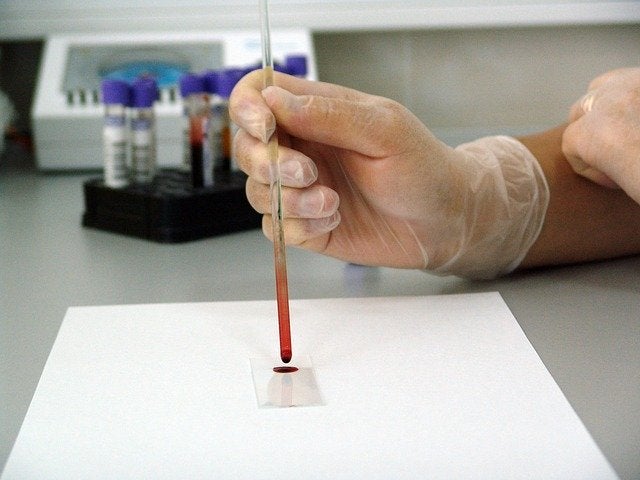
Thrive Earlier Detection Corp., a company dedicated to extending and saving lives by incorporating earlier cancer detection into routine medical care, together with Johns Hopkins University and Geisinger Health, today announced data from the landmark DETECT-A study. DETECT-A (Detecting cancers Earlier Through Elective mutation-based blood Collection and Testing) is the first ever prospective, interventional study to use a blood test to screen for multiple types of cancers in a real-world population. The study was conducted by Johns Hopkins University and Geisinger and enrolled more than 10,000 women with no prior history of cancer.
The purpose was to identify multiple cancer types in asymptomatic individuals using an early version of CancerSEEK developed in 2016 (“Thrive’s blood test”). DETECT-A is the first study of a multi-cancer blood-based screening test to deliver results to physicians to manage patient care.
Cancer is the second leading cause of death in the United States with an estimated 600,000 people expected to die from the disease this year. Most of these cancers are often detected too late, and only after people start to experience symptoms. These “symptom-detected” cancers too frequently coincide with late stage, metastatic disease, and result in poor outcomes. However, when cancer is detected through screening, or are “screen-detected,” the disease is often identified earlier when it can be more effectively treated, and in many cases even cured. Unfortunately, current standard-of-care screening tests, like mammography and colonoscopy, only detect less than 30% of all incident cancers. The DETECT-A study provides the first real-world evidence that we can significantly shift the paradigm from “symptom-detected” cancers to more “screen-detected” cancers via a multi-cancer blood-based test.
The key findings from this prospective, interventional study demonstrate the following:
- Thrive’s blood test identified cancers in individuals without any history of the disease.
- Thrive’s blood test more than doubled the number of cancers that were first “screen-detected.” 25% of the women who were diagnosed with cancer were identified by current standard-of-care tests. By incorporating Thrive’s blood test, the percentage of “screen-detected” cancers increased from 25% to 52%.
- Thrive’s blood test identified cancers across 10 different organs, seven of which currently have no standard-of-care screening.
- Thrive’s blood test can identify cancers prior to clinically evident metastasis. 65% of the cancers identified were localized or regional.
- Thrive’s blood test is additive and complementary to standard-of-care and was incorporated into routine medical care without discouraging patients from engaging in other forms of screening.
- Thrive’s blood test, in combination with imaging, minimized false positive results with 99.6% specificity.
- The study’s workflow (blood test plus imaging) safely guided clinical follow-up in blood test-positive participants with zero adverse events.
“This study is a seminal moment in cancer screening that advances the entire field,” said Christoph Lengauer, Ph.D., co-founder and chief innovation officer of Thrive. “For the first time, a blood test was utilized in a real-world setting and was able to more than double the number of cancers first identified through screening methods. We learned that it can be both complementary to existing standard-of-care screening tools, and a significant benefit for many types of cancers like ovarian, appendix and kidney, which do not have any current screening modalities.”
These data were published in Science and were presented today during the clinical plenary: Early Detection and CtDNA at the American Association for Cancer Research (AACR) Virtual Annual Meeting.
Source: Company Press Release






